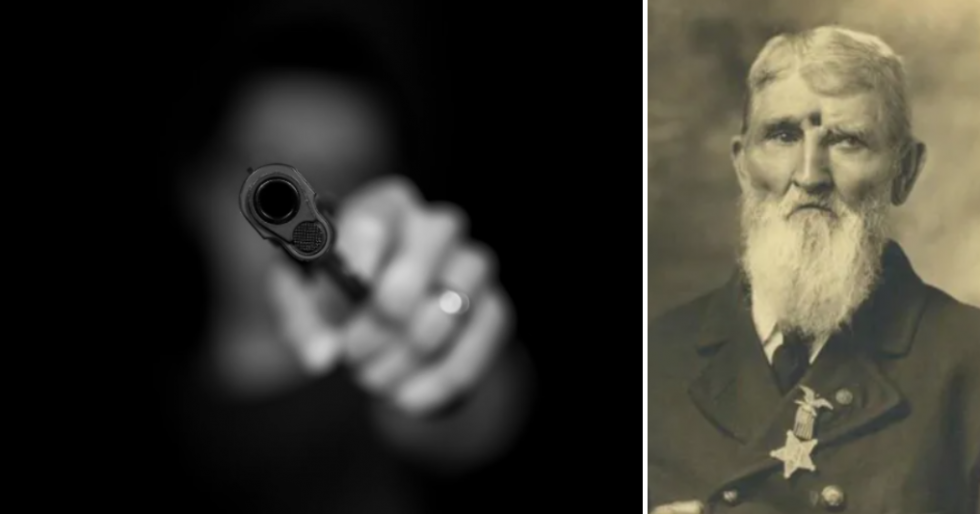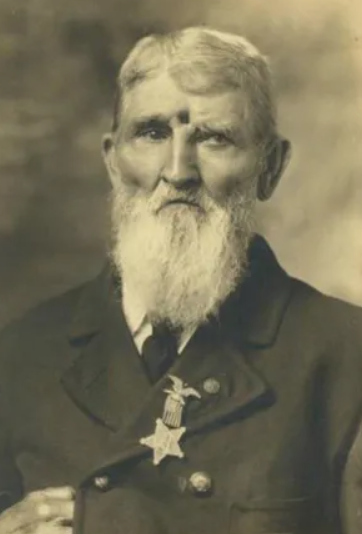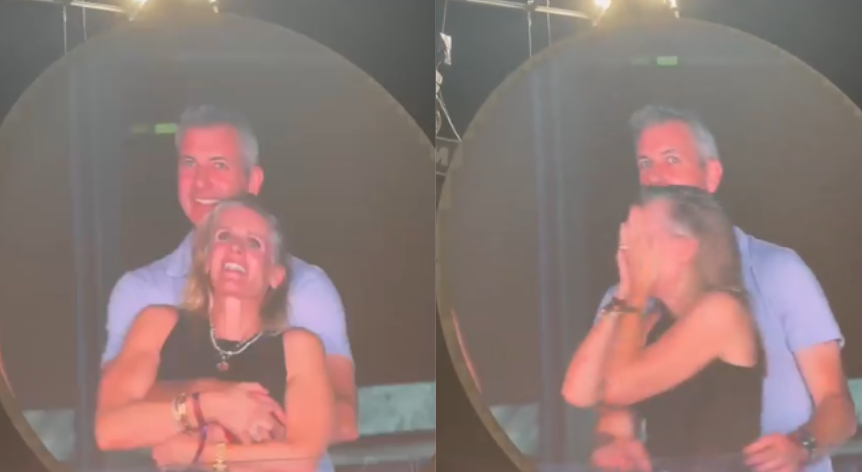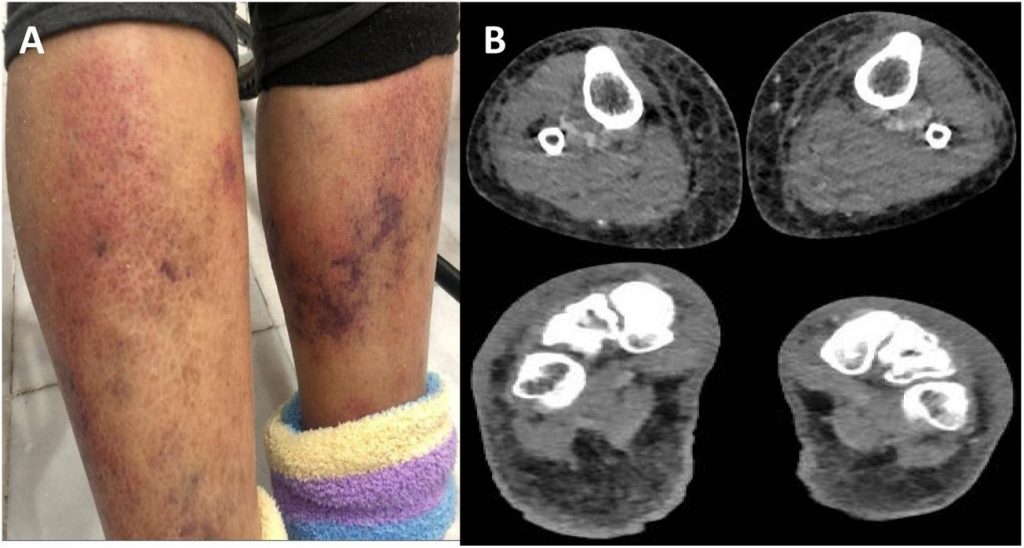The Civil War Soldier Who Is Known As the Headshot Survivor

© File & Max Kleinen / Unsplash
How lucky are you? While some are lucky enough to win the lottery, others might be lucky in other aspects of life. Take survival for example. People battle with different worries and illnesses throughout their lives. And they consider themselves lucky to just be alive. Well, this man took it up a notch. While he was lucky to be alive indeed, he is actually a headshot survivor as well. This is the story of Jacob Miller, the Civil War soldier who can be considered the luckiest man alive.
Who Is Jacob Miller? The Soldier Known As the Headshot Survivor
Jacob Miller’s survival during the Civil War is nothing short of miraculous. Hailing from Logansport, he served in Company K of the 9th Indiana Infantry. He participated in significant battles such as Greenbriar in West Virginia, the siege of Corinth, Perryville in Kentucky, and Stones River. However, Miller’s extraordinary tale unfolded during the Battle of Chickamauga on September 19, 1863.

Amid the fierce conflict, Miller was struck square in the forehead by a bullet, creating a jagged hole that penetrated his brain. Remarkably, the wound never healed, providing doctors with a unique opportunity to observe the pulsations of his brain. Miller left for dead on the battlefield, vividly recalled his captain declaring, “It’s no use to remove poor Miller, for he is dead.”
How Did the Civil War Soldier Survive the Headshot?
Despite this grim pronouncement, Miller defied the odds and survived. His harrowing experience was detailed in a 1911 interview with a Joliet, Illinois newspaper, where he shared the narrative of his enlistment in 1861 and the battles he had endured. Miller’s resilience and survival against all odds make his story a testament to the unpredictability and sheer unpredictability of wartime experiences during the Civil War.
Jacob Miller, describing the aftermath of his head injury during the Civil War, regained consciousness and sat up. Discovering his left eye dislodged, he attempted to reposition it, requiring him to adjust the crushed bone first. Once the eye was back in place, Miller improvised a bandage using his bandana to tend to his wounded eye.
The Way to the Hospital
Following his head injury during the Civil War, Jacob Miller’s other eye was severely swollen, rendering him blind. Despite this, he crawled through the battlefield, maneuvering over the deceased, and reached a field hospital. Fearing capture by the Confederates, he embarked on a challenging 15-mile journey to Chattanooga. With limited vision, Miller could only see a few feet ahead by holding open the lids of his swollen eye. Exhausted, he passed out by the roadside, where a compassionate individual on horseback found him and transported him to Chattanooga, where he received much-needed medical attention for his wounds.
Jacob Miller, in intense pain from the head injury, pleaded with multiple doctors to remove the bullet. Surgeons convinced that removing the bullet would prove fatal, opted to leave it in place until he returned home. Upon reaching Logansport, doctors Graham Fitch and Henry Coleman successfully extracted about one-third of the musket ball. Remarkably, 17 years later, a buckshot dropped out of the wound, and 31 years later, two lead pieces emerged, highlighting the enduring and complex nature of Miller’s wartime injuries.
The End of the Miraculous Headshot Survivor
After being declared dead by his captain and having his name printed among the killed in newspapers, Jacob Miller miraculously survived. Two months later, he reached out to friends and family to confirm his existence. Due to his war-related wound, Miller received a government pension and was unable to work. Despite these challenges, he married and became a father.
Jacob Miller endured constant pain and episodes of madness, often wandering without purpose. While struggling to remember names, he retained vivid recollections of the details surrounding his injury and subsequent escape from the battlefield. Miller attributed his detailed memory to the persistent pain in his head, serving as a daily reminder. He explained, “The whole scene is imprinted on my brain as with a steel engraving.” Jacob Miller passed away on January 13, 1917, at the age of 88.
After reading about the soldier’s story, do you believe in miracles now?
You might also want to read: Is This Man in This World War II Photo a Time Traveler?

